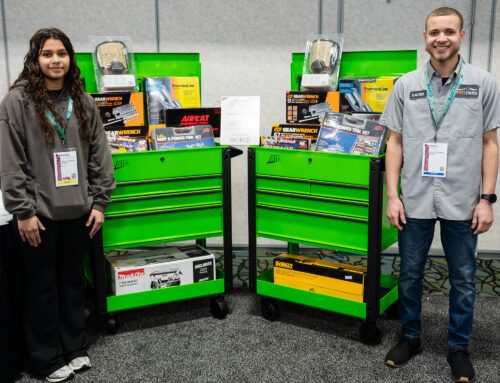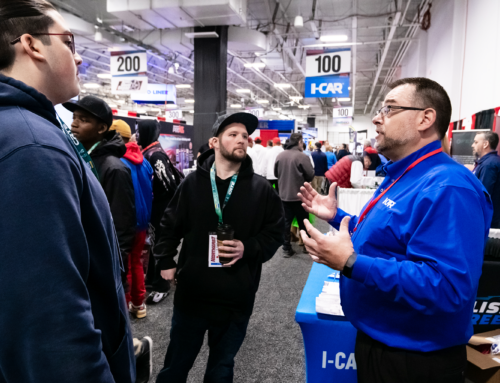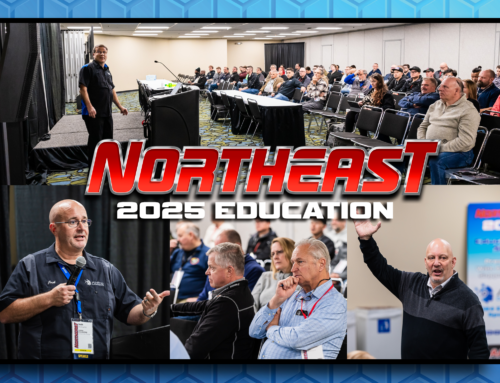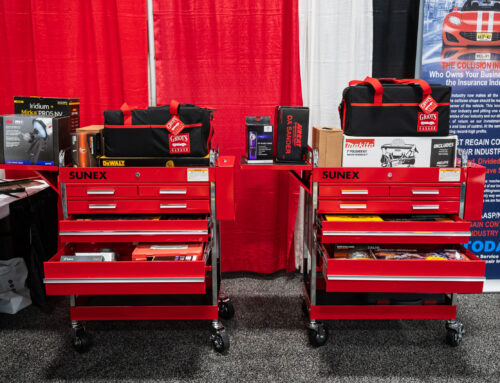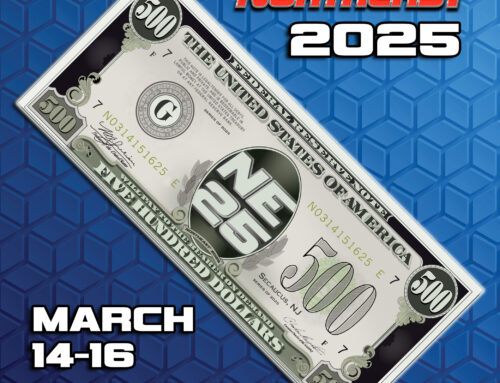9.8.20 – On August 28, representatives from the Alliance of Automotive Service Providers of New Jersey (AASP/NJ) joined Assemblyman Ronald S. Dancer (R-Burlington, Middlesex, Monmouth and Ocean), Assemblyman Jon M. Bramnick (R-Morris, Somerset and Union) and representatives from the Insurance Council of New Jersey for a special virtual meeting to discuss a host of issues between the collision repair and automotive insurance industries.
The meeting was organized in response to a letter sent to the legislators by AASP/NJ Collision Chairman Dennis Cataldo, Jr. (D&M Auto Body; Old Bridge) calling for assistance in addressing insurer-related issues, including constant violations of Title 11 of the New Jersey Administrative Code, Unfair Claims Settlement Practices and lack of care or responsibility when trying to negotiate a fair claim settlement for a properly and safely repaired vehicle. The letter stated that AASP/NJ had already made numerous unsuccessful attempts to work out these matters through the New Jersey Department of Banking and Insurance and the New Jersey Motor Vehicle Commission.
AASP/NJ Executive Director Charles Bryant explained that although there are regulations governing auto physical damage claims and unfair claim settlement practices in the state, insurers are not subject to a private right of action to hold them accountable if they violate them. This only leaves the option to make a complaint with the New Jersey Department of Banking and Insurance. However, the Department will only act once it has received enough complaints to show a general business practice.
To illustrate a remedy to this problem, the AASP/NJ representatives discussed the association’s ongoing support of the New Jersey Insurance Fair Conduct Act (A1659). Co-sponsored by Assemblyman Dancer, the legislation would establish “a private cause of action for first-party claimants regarding certain unfair or unreasonable practices by their insurer.” Additionally, successful claimants would be entitled to (among other things) reimbursement for their loss and court and attorney’s fees.
According to AASP/NJ President Jerry McNee (Ultimate Collision Repair; Edison), insurance representatives who attended the meeting expressed intentions to work to block passage of legislation of this nature. Despite this pushback, he believes the bill would provide a level playing field between shops and insurers in their legal obligations.
“Nowhere in an insurance policy does it say that an insurer will under-indemnify the consumer and short-pay the bill. Unfortunately, there are no repercussions for these actions. If I, as a body shop owner, can be subjected to legal consequences if I defraud somebody, why would that not also apply to insurers? There is nothing that stops them from doing what they’re doing.”
In regard to proper repairs, AASP/NJ voiced its concerns over the use of certain aftermarket parts, noting that these items have not been recommended by vehicle manufacturers and could pose potential safety risks to vehicle occupants. Stressing cost-containment, an argument was made by the insurance side that a vehicle could run in the six-figure range if it were rebuilt from scratch using only OEM parts.
Bryant offers the following statement in response to this position: “There are several parts for a vehicle, including the frame, that do not have an aftermarket option. That was an argument that didn’t hold water.”
Despite the friction points between the two industries represented, Bryant was pleased to have the opportunity to attend the meeting, voice collision industry concerns with the other attendees and promote the benefits of the New Jersey Insurance Fair Conduct Act.
“The meeting was successful in opening the lines of communication. We brought up some important points that the legislators may not have been aware of, and we had an opportunity to express our concerns with insurance industry representatives. The bottom line is that our industry needs something strong enough to make insurers in our state follow the rules.”
“The legislators in attendance appeared very receptive to our needs,” adds Cataldo. “I feel the biggest takeaway from the discussion was that our industry needs to continue to advocate for consumers, as they are the ones who are most affected by current insurer conduct and need to feel secure in knowing their vehicles are being repaired in a safe and proper manner.”

